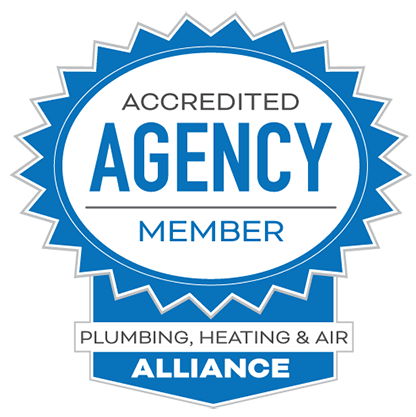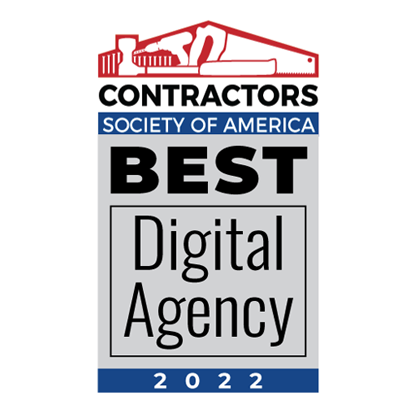Content management can be a huge chore, especially if your HVAC company’s website is regularly updated with new pages and posts. To streamline the process, selecting the right content management system is important.
Key Takeaway
As the founder of HVAC Webmasters, a digital marketing agency for heating and cooling professionals, I recommend using WordPress as your CMS. Over the past 14+ years, my clients have received a WordPress website with their monthly services.
In the following post, I will outline the best content management systems for HVAC websites based on my 14+ years of experience working with HVAC companies on digital marketing campaigns.

What is a Content Management System?
A content management system is a software suite that allows you to create, publish, update, and manage your website’s content.
Content includes everything from blog posts to your About Us page to images and online forms – basically anything that appears on your website. The best content management systems are essential for many industries because they allow you to manually design, publish, and update your website.
My Top 6 CMSs for Heating & Cooling Companies
1) WordPress
WordPress is an open-source CMS that offers a free version and a premium paid version. As the most well-known CMS, WordPress integrates with nearly 60,000 plugins, including the Yoast SEO plugin, which helps you optimize your content for maximum digital exposure.
WordPress also features various themes to help your website stand out without breaking your back on coding. It’s user-friendly, and you can master the dashboard in just a few days.
2) Joomla
Joomla is a free, open-source CMS that doesn’t require in-depth technical knowledge to utilize it effectively. It is intuitive and user-friendly, and you can quickly grasp the essential functions.
Open-source software can be necessary for HVAC contractors because it gives you access to a vast array of plugins, custom templates, and tools you may need for your business. For example, with Joomla, you can add online form plugins so your customers can schedule appointments online.
3) Kentico Kontact
Kentico Kontact is an excellent option if you have multiple sites and a mobile site for your company. It allows you to use your content anywhere easily and uses Cloud storage to simplify implementing your content on various sites. Kentico offers free and paid versions.
Kontact is a headless CMS that gives the content you create more fluidity because it is stored as data instead of being tied to a web page. The downside is that you will need a good amount of experience and design knowledge to utilize it effectively.
4) HubSpot CMS
Hubspot CMS provides helpful in-house tools for optimizing your site. For example, you can use an in-house A/B tester to see which landing pages earn more clicks and which need tweaking.
Hubspot CMS also assists with SEO, which, let’s face it, everyone can use help. Building a page from scratch is also very easy on this platform: a simple drag-and-drop page builder and editor you can use if you have little to no design experience.
5) Contentful
Contentful may be a good option if you have multiple websites for different areas you service or a slew of landing pages tied to your PPC ads. Contentful makes it easy to create and organize different content in a centralized software suite and then distribute it to various online channels.
However, Contentful has two downsides. One, it is a headless CMS, so you must be somewhat tech-savvy. Two, there is no free version.
6) Magnolia
Magnolia’s CMS mechanics are too complex to discuss here, as the company uses a lot of technical jargon to describe its processes. For this reason, it’s not a CMS that I would recommend to a newer HVAC company looking to launch a business website quickly.
However, well-established enterprises or franchises in the heating and cooling space may want to consider Magnolia’s benefits. Its primary appeal is something called “decoupled architecture,” which means it seamlessly integrates with additional technologies that your company may utilize.
Next Steps in Choosing a Content Management System
The best content management systems allow you to design and update your website yourself. However, it always helps to have a professional in your corner for everything else. As I mentioned, each client who signs up with my agency, HVAC Webmasters, receives a custom WordPress website with a CMS.





